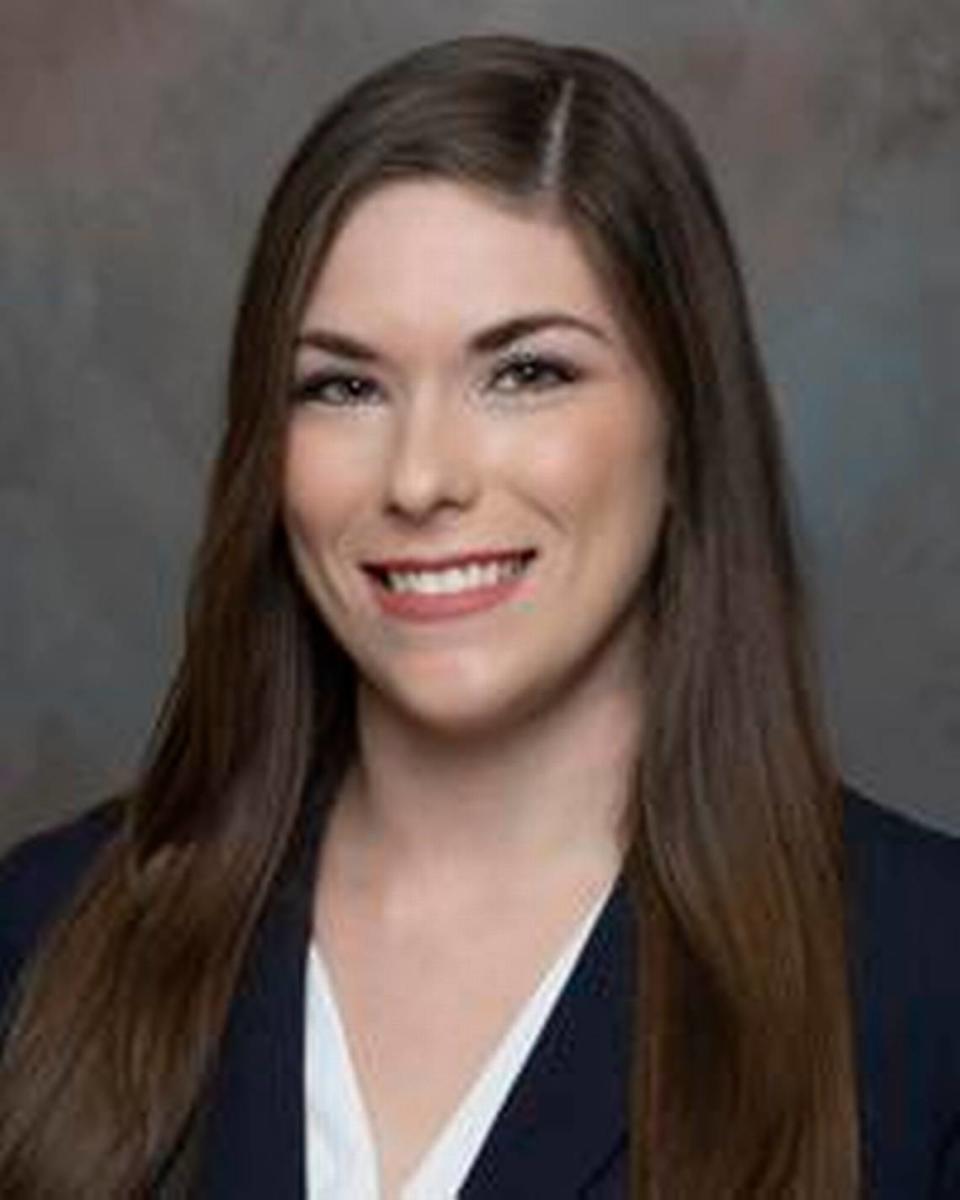Get your child early vision screening to prevent permanent damage | Opinion
When parents are building their child’s healthcare team, they may not think about an ophthalmologist, especially when there are no noticeable issues with a child’s eyesight. However, many vision issues, such as amblyopia, cannot be detected with the naked eye.
August is Amblyopia Awareness Month, a time to make parents and guardians aware of the importance of early vision screening for children.
Amblyopia, commonly called “lazy eye,” is decreased vision that occurs because of abnormal processing of visual images early in life. It is the leading cause of visual impairment in children and may occur in one or both eyes. It can be caused by significant or asymmetric refractive errors, strabismus (eye misalignment) or obstruction of the visual axis from conditions such as ptosis, corneal opacities or cataracts.
Vision loss from amblyopia is reversible if detected and treated early. Therefore, early vision screening is critical. The American Academy of Ophthalmology and the American Association for Pediatric Ophthalmology and Strabismus recommend screening for the early detection and treatment of eye and vision problems in children, including vision screening during the preschool years. These screenings should be administered by a child’s primary care provider and may also be done in some school or community programs.
Many children with amblyopia have no obvious symptoms; forgoing vision screenings could mean a preventable issue is overlooked. Vision screenings are an easy and effective way to detect vision problems in children at an early age.
If your child is diagnosed with amblyopia, it can be treated by different methods. Some treatments include glasses, patching the stronger eye to force the brain to use the weaker (amblyopic) eye or using a special eye drop to blur the vision in the stronger eye. Your child’s physician will determine the best course of action for treatment.
Amblyopia Awareness Month is one way parents and guardians can remain empowered in the care of their child. Visit www.mdeye.org/amblyopia to learn more. By being informed, they can make the best decisions for children and their well-being.
Michelle Falcone, M.D., is an assistant professor of clinical ophthalmology and clinical director of the Pediatric Eye Care Community Outreach Program at Bascom Palmer Eye Institute, part of the University of Miami Health System.


